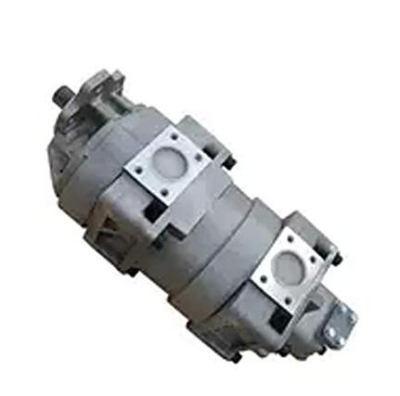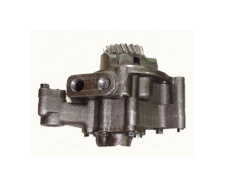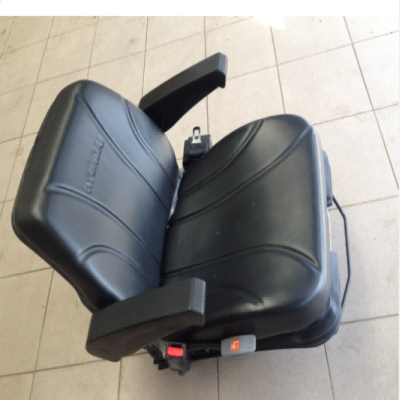The Critical Role of Filters in Prolonging the Lifespan of Construction Equipment
Construction equipment operates in harsh environments, often exposed to dust, dirt, and debris. These challenging conditions can accelerate wear and tear, leading to frequent breakdowns and high maintenance costs. Filters play a pivotal role in protecting the vital components of machinery, ensuring reliable performance and extending their service life. This article examines how filters safeguard equipment and provides practical recommendations for selecting and maintaining them.
1. Types of Filters and Their Functions
Air Filters
Air filters prevent dust and debris from entering the engine, ensuring clean air for combustion.
High-efficiency air filters reduce engine wear and improve fuel efficiency by maintaining optimal airflow.
Oil Filters
Oil filters remove contaminants from the engine oil, preventing abrasive particles from damaging engine components.
Quality oil filters ensure consistent lubrication, reducing friction and extending engine life.
Fuel Filters
Fuel filters eliminate impurities from the fuel supply, such as dirt, rust, and water.
They ensure clean fuel reaches the engine, preventing clogging and enhancing combustion efficiency.
Hydraulic Filters
Hydraulic filters protect the hydraulic system by removing particles and moisture from hydraulic fluid.
Clean hydraulic fluid reduces wear on pumps, valves, and cylinders, ensuring smooth operation.
Cabin Filters
Cabin filters improve operator comfort by removing dust, pollen, and pollutants from the air inside the cabin.
They also contribute to better health and safety for operators working in dusty environments.
2. How Filters Prolong Equipment Lifespan
Preventing Component Damage
By blocking harmful particles, filters protect critical components such as engines, hydraulic systems, and fuel injectors from premature wear.
Clean systems reduce the likelihood of costly breakdowns and extend the intervals between repairs.
Enhancing System Efficiency
Efficient filters ensure optimal performance by maintaining clean fluids and air.
Better system efficiency translates into lower energy consumption and reduced operational costs.
Reducing Downtime
Properly maintained filters minimize unexpected equipment failures.
This results in higher productivity and more predictable project timelines.
3. Best Practices for Filter Selection and Maintenance
Choose High-Quality Filters
Opt for filters that meet OEM specifications and are compatible with your equipment.
High-quality filters may have a higher upfront cost but provide better performance and longevity.
Regular Inspections and Replacements
Inspect filters periodically for signs of clogging, damage, or reduced efficiency.
Follow the manufacturer’s recommended replacement intervals to avoid compromised system performance.
Use Genuine Parts
Always use genuine or approved filters to ensure proper fit and function.
Non-genuine filters may not provide adequate protection and could void equipment warranties.
Monitor Operating Conditions
Adjust maintenance schedules based on operating conditions such as dust levels and workload.
Heavy-duty environments may require more frequent filter replacements.
4. Conclusion
Filters are indispensable in extending the lifespan of construction equipment by protecting key systems from contaminants and ensuring efficient operation. Investing in high-quality filters and adhering to regular maintenance practices can significantly reduce downtime and operational costs.
About Us
Our company specializes in providing premium filters, including air, oil, fuel, hydraulic, and cabin filters, tailored for various construction equipment. With a focus on quality and performance, our products are designed to meet the demands of tough working environments. Partner with us to enhance your equipment’s reliability and longevity. For more information, visit our website or contact our team of experts today.
This is our product page, please check→→Products
You can contact us here→→Contacts
See our article here→→News




